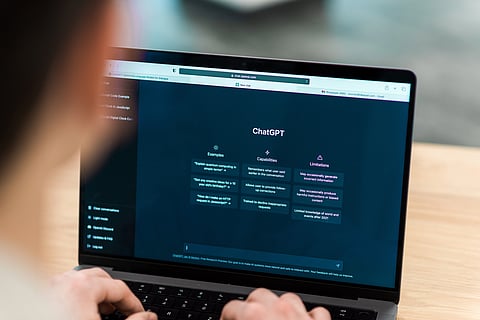References:
1. Benda N, Desai P, Reza Z, Zheng A, Kumar S, Harkins S, Hermann A, Zhang Y, Joly R, Kim J, Pathak J, Reading Turchioe M. Patient Perspectives on AI for Mental Health Care: Cross-Sectional Survey Study, JMIR Ment Health 2024;11:e58462.
2. Campbell L, Babb K, Lambie G, Hayes B. An Examination of Generative AI Response to Suicide Inquires: Content Analysis, JMIR Ment Health 2025;12:e73623.
3. Casu, Mirko, Sergio Triscari, Sebastiano Battiato, Luca Guarnera, and Pasquale Caponnetto. 2024. "AI Chatbots for Mental Health: A Scoping Review of Effectiveness, Feasibility, and Applications" Applied Sciences 14, no. 13: 5889.
4. Wang X, Zhou Y, Zhou G. The Application and Ethical Implication of Generative AI in Mental Health: Systematic Review, JMIR Ment Health. 2025;12:e70610
(Rh/SS/MSM)


